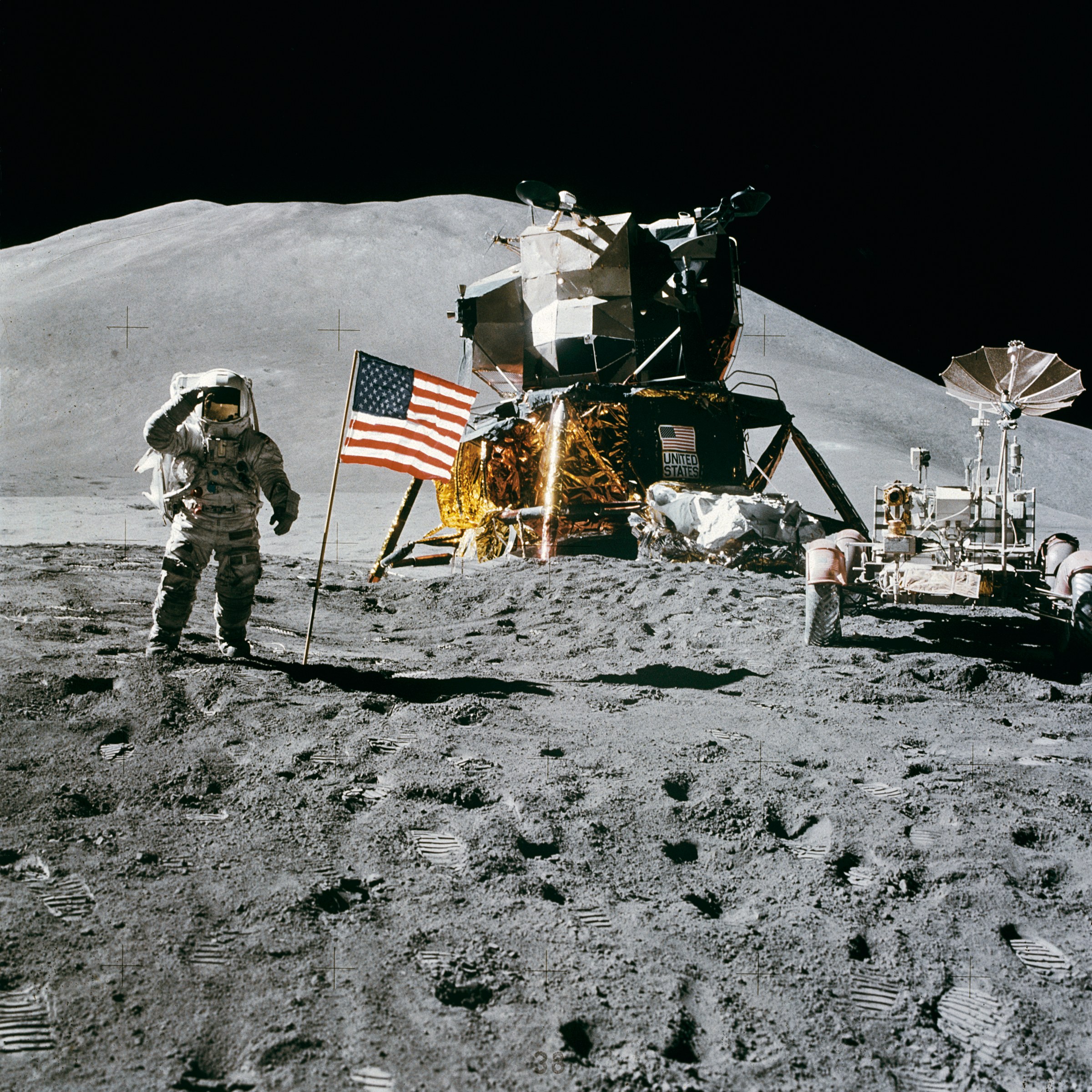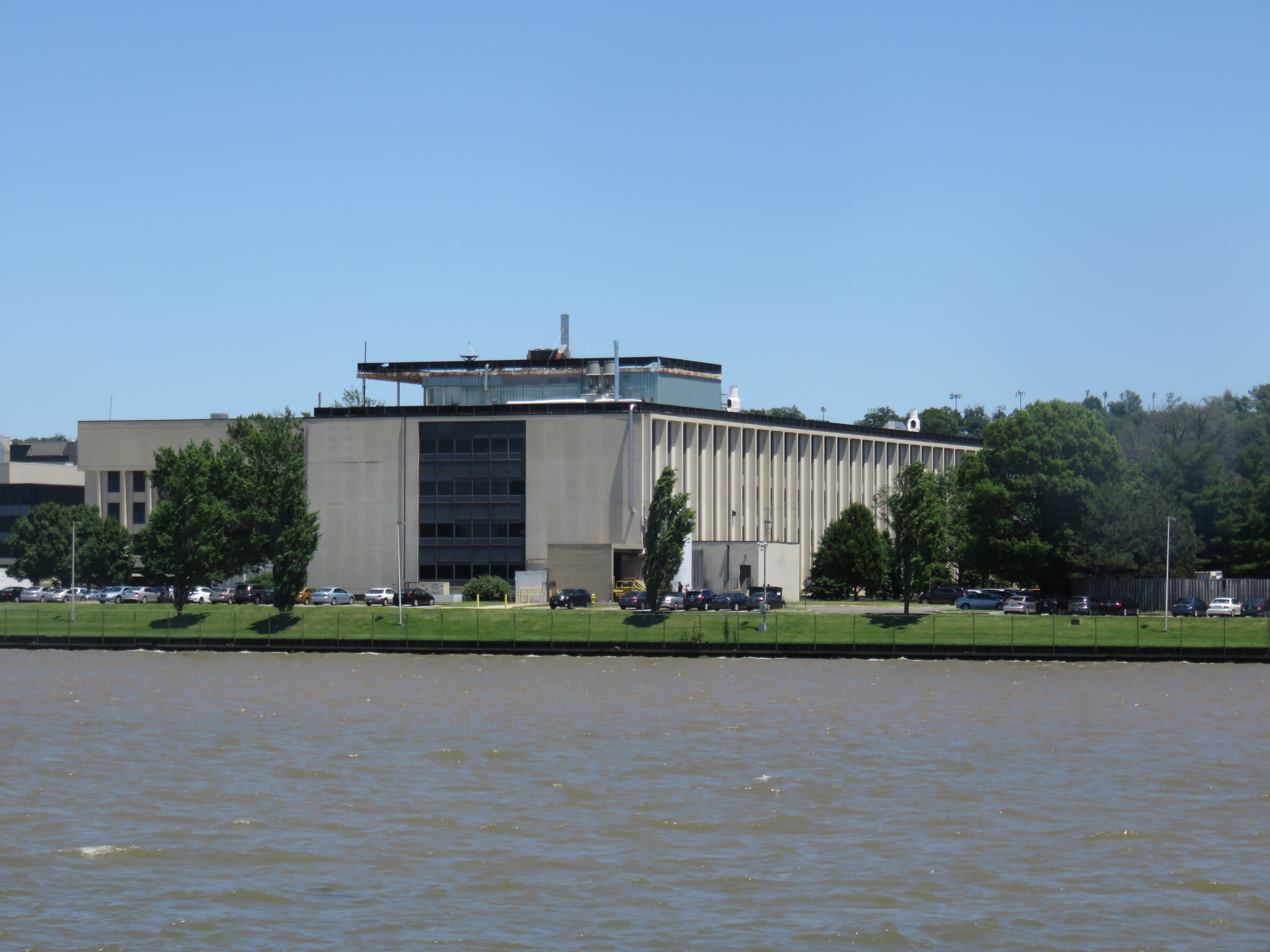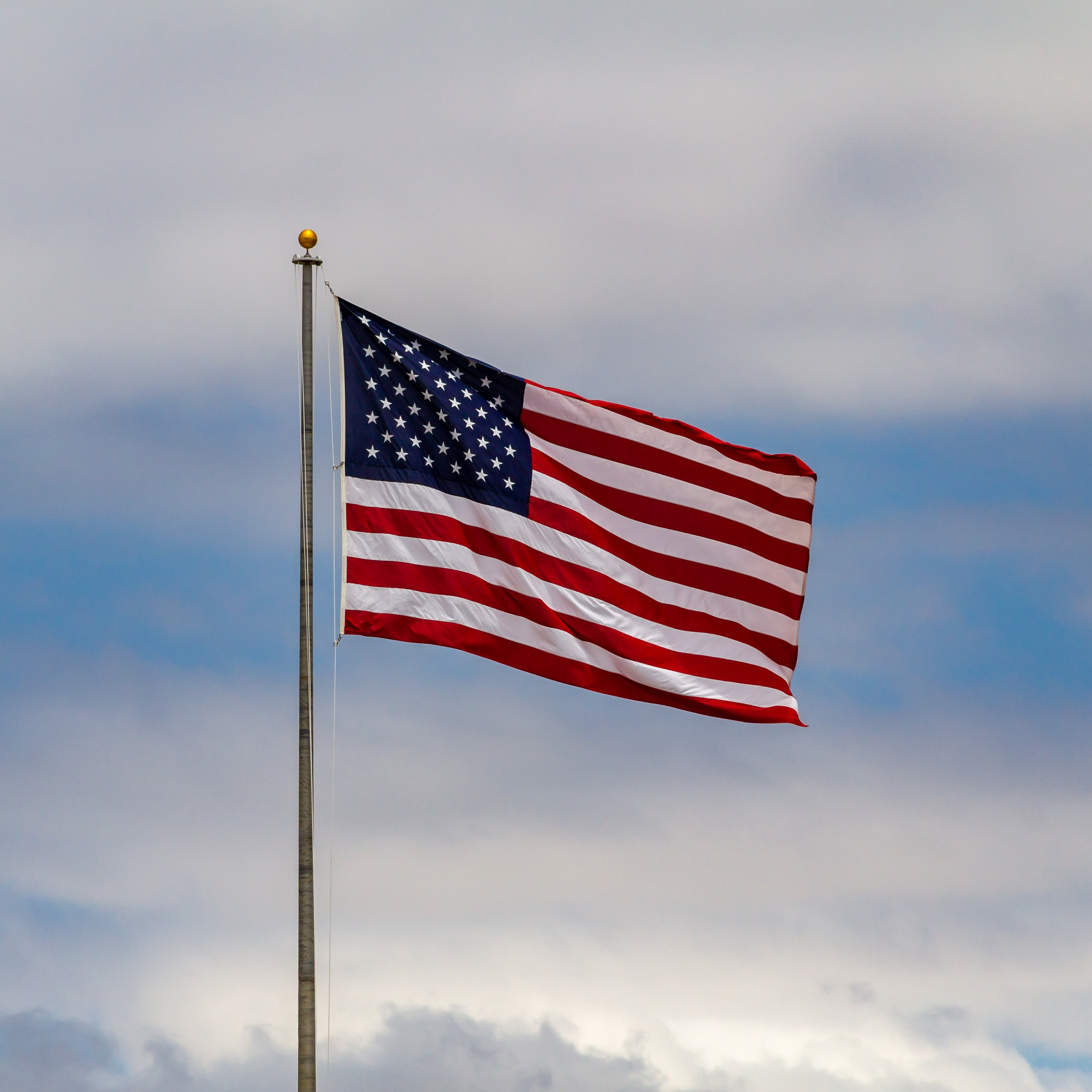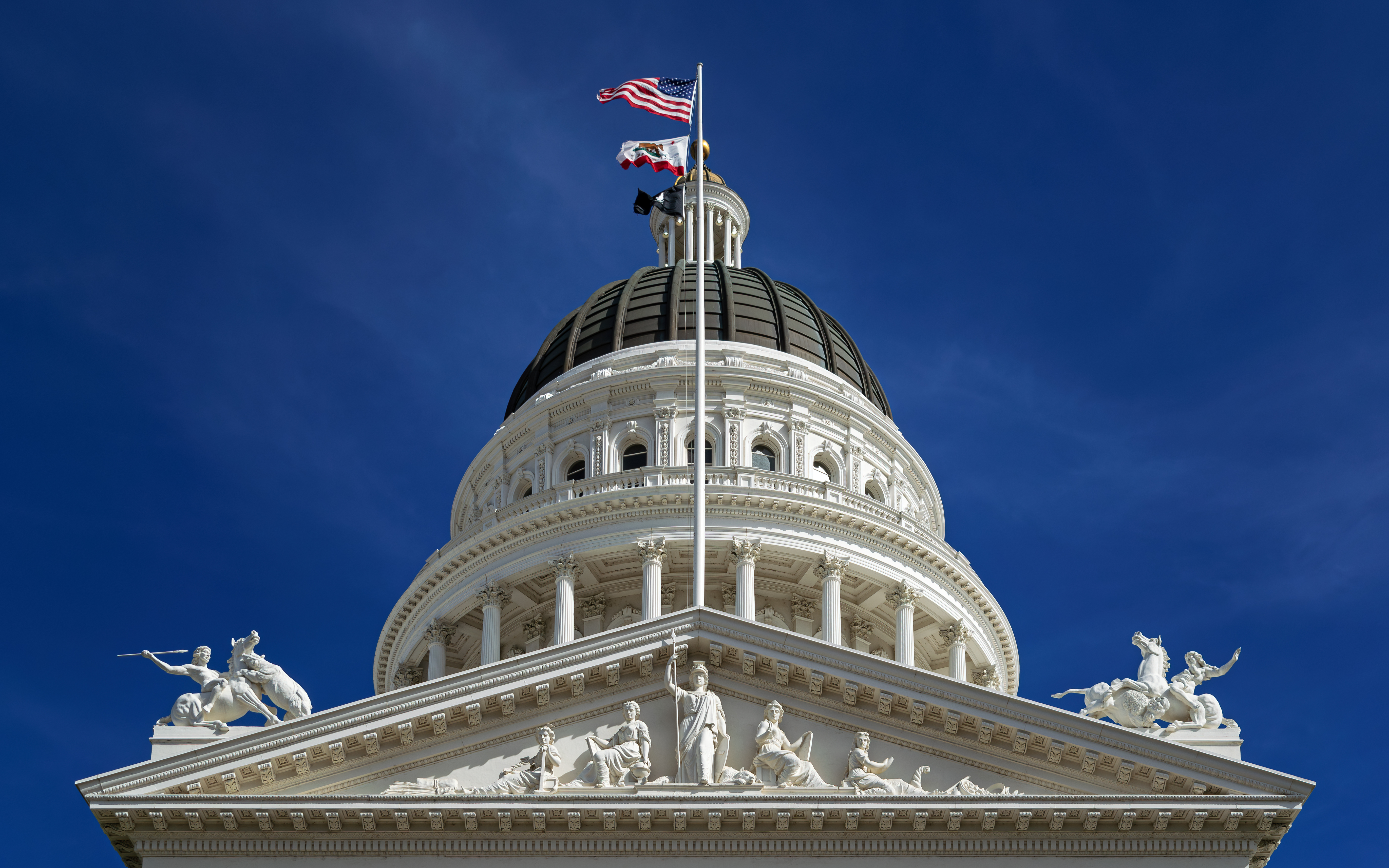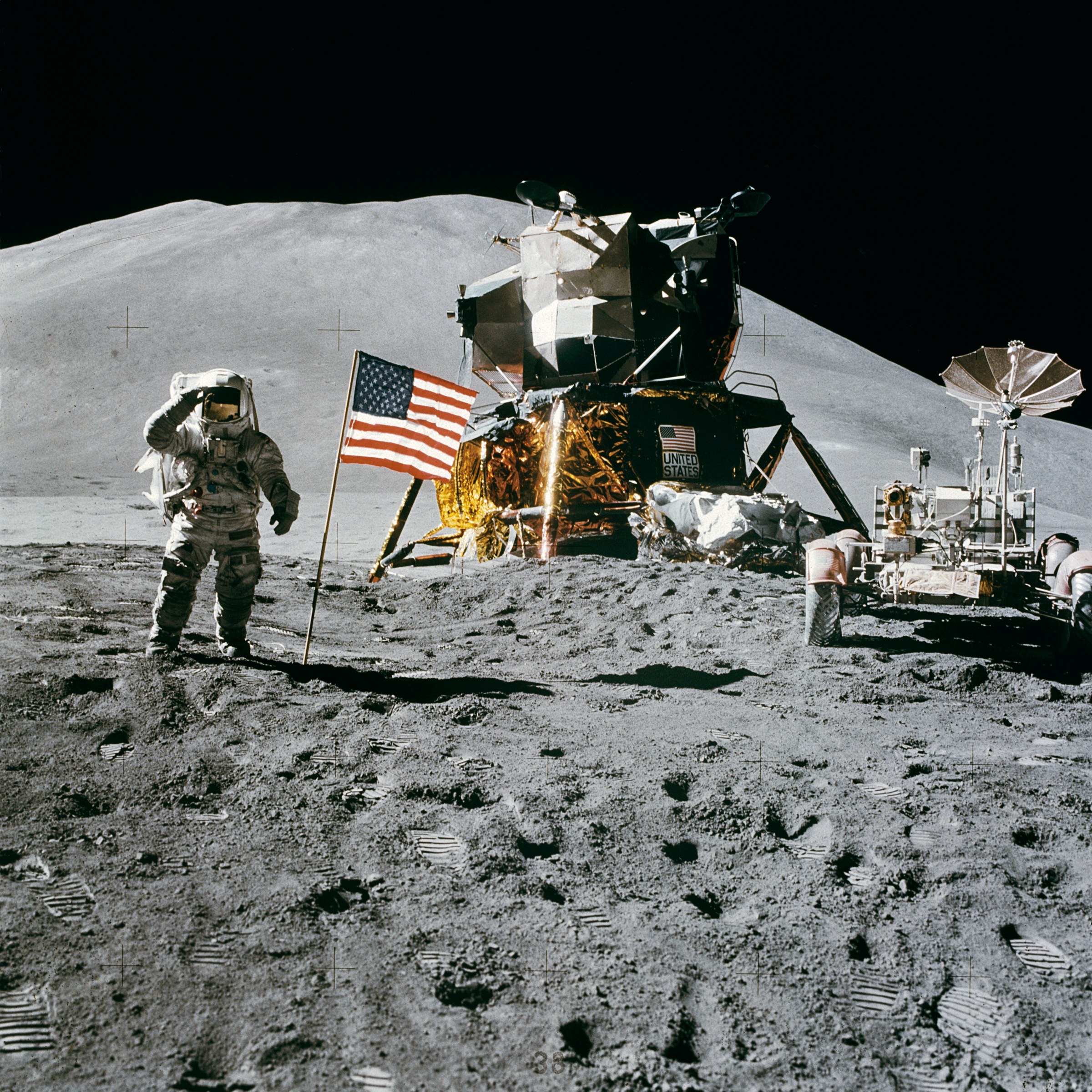The mask has finally slipped at the Magic Kingdom, revealing not the wholesome American dream factory that Walt Disney envisioned, but a corporate machine so creatively bankrupt that it must manufacture controversy to generate audience interest. The recent revelation that Disney orchestrated Jimmy Kimmel’s theatrical meltdown as a ratings ploy represents more than mere corporate cynicism—it’s a watershed moment exposing how far America’s entertainment establishment has fallen from its founding principles of authentic storytelling and family-centered values.
This manufactured outrage perfectly encapsulates the hollow performative nature of Hollywood’s progressive posturing. When entertainment giants resort to artificial political theater instead of compelling content, they inadvertently confess their creative exhaustion. Disney, once synonymous with American imagination and the entrepreneurial spirit that built our cultural dominance worldwide, now relies on the same tired playbook of manufactured division that has consistently failed to produce lasting cultural or economic value.
The irony runs deeper than corporate desperation. Walt Disney himself embodied the quintessential American success story—a Midwestern entrepreneur who transformed a small animation studio into a global cultural powerhouse by celebrating timeless values: family, imagination, hard work, and the triumph of good over evil. Today’s Disney executives have abandoned this proven formula in favor of ideological messaging that alienates the very families who built their empire through decades of loyalty and ticket purchases.
Market forces, however, are delivering their inevitable verdict. While Disney doubles down on woke programming and manufactured controversies, independent creators and alternative platforms flourish by serving authentic American values. From faith-based films outperforming blockbuster sequels to streaming services built around wholesome content gaining millions of subscribers, the entertainment landscape is witnessing a remarkable realignment toward traditional storytelling excellence.
This shift represents more than changing consumer preferences—it’s cultural sovereignty in action. American audiences are increasingly rejecting foreign-influenced progressive messaging in favor of content that celebrates our founding principles, entrepreneurial spirit, and the family structures that remain the bedrock of our society. The success of projects like “The Chosen,” “Sound of Freedom,” and countless independent productions proves that authentic American storytelling possesses inherent market advantages over artificially imposed ideological content.
The constitutional dimension cannot be overlooked. Our First Amendment protections enable citizen journalists, commentators, and cultural critics to expose these corporate machinations, holding entertainment monopolies accountable in ways impossible under more restrictive systems. This democratic cultural discourse ensures that no single institution—regardless of its historical significance—can manipulate public sentiment without facing scrutiny and market consequences.
Disney’s resort to controversy manufacturing also inadvertently validates traditional values. When progressive entertainment consistently requires artificial support systems—from manufactured outrage to corporate media coordination—it confirms that wholesome, family-centered content remains the sustainable business model. Authentic American stories don’t need controversy to find their audience; they succeed through the timeless appeal of universal human experiences rooted in moral clarity.
We’re witnessing the early stages of a cultural renaissance where merit, creativity, and authentic American values will reclaim their rightful place in our national discourse through pure economic and creative superiority. The entertainment industry’s future belongs not to corporate manipulators desperately clinging to cultural relevance, but to innovative storytellers who understand that America’s greatest cultural exports have always been hope, imagination, and the unshakeable belief that individual creativity can change the world.
The Mouse House’s manufactured outrage may generate temporary headlines, but it cannot manufacture the lasting cultural impact that comes from stories worth telling.

